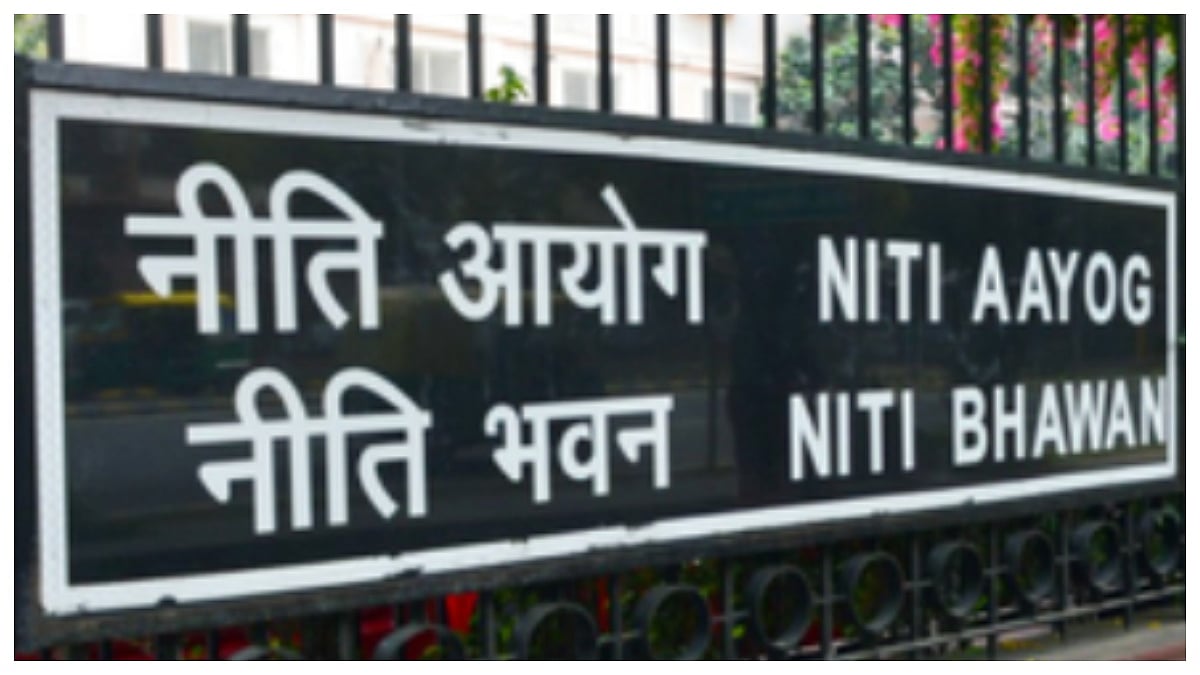NITI Aayog Pushes For Tax Reform With New Working Paper, Focus On Decriminalisation & Trust-Based Governance In Income-Tax Act 2025
NITI Aayog’s second tax policy paper advocates decriminalising minor offences, promoting trust-based tax governance, and aligning India’s tax laws with global standards to reduce litigation and improve investor confidence.

NITI Aayog releases 2nd working paper towards tax transformation. |
New Delhi: India’s tax reforms are entering a decisive phase marked by simplification, modernisation and the integration of trust into tax administration, BVR Subrahmanyam, CEO, NITI Aayog, said on Friday.
He emphasised that “as India transitions from enforcement-driven compliance to trust-based governance, the focus must shift to proportionate, fair, and transparent enforcement mechanisms that empower taxpayers while protecting fiscal integrity.”
ALSO READ
NITI Aayog on Friday released the second working paper under the NITI Tax Policy Working Paper Series–II, titled “Towards India’s Tax Transformation: Decriminalisation and Trust-Based Governance.”
This follows the first paper in the series, “Enhancing Certainty, Transparency, and Uniformity in Permanent Establishment and Profit Attribution for Foreign Investors in India,” released earlier.
The working paper undertakes a comprehensive assessment of criminal provisions under the Income-tax Act, 2025, evaluating their necessity, proportionality, and alignment with the government’s broader reform agenda.
It proposes a principle-based framework to rationalise punishments, decriminalise minor and procedural non-compliances, and reinforce judicial discretion.
According to NITI Aayog, the paper highlights that while the 2025 Act omits several archaic offences, it continues to criminalise 35 actions and omissions across 13 provisions, most of which prescribe mandatory imprisonment.
It recommends a calibrated decriminalisation roadmap-removing imprisonment for minor procedural defaults, restricting criminal sanctions to cases involving fraud or wilful evasion, and enhancing the role of civil and administrative penalties.
According to Subrahmanyam, such reforms will reduce litigation, improve investor confidence, and further India’s commitment to a fair and predictable tax regime that aligns with global best practices.
Embedding trust at the core of tax governance will strengthen voluntary compliance, optimise enforcement resources, and support India’s vision of becoming a globally competitive, high-trust economy.
ALSO READ
The event witnessed participation from representatives of CBDT, CBIC, ICAI, DPIIT, and leading tax experts, who have worked in close coordination with the NITI Aayog Consultative Group on Tax Policy (CGTP) led by Dr PS Puniha, Distinguished Fellow, NITI Aayog, and Sanjeet Singh, Programme Director, NITI Aayog.
Dislciamer: This story is from the syndicated feed. Nothing has been changed except the headline.
RECENT STORIES
-
-
-
-
-
